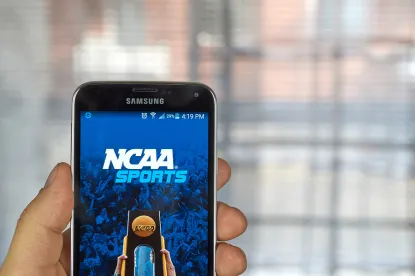How much would you pay for Trevor Lawrence’s throwing arm? Anthony Edwards’s dunking prowess? What about the deft touch of the Nebraska women’s bowling team, who recently demolished Arkansas State to earn their sixth national championship since 2004?
Typically, disability policies and loss-of-value riders for college athletes are associated with first or second round draft prospects who compete in the NCAA’s flagship sports, such as men’s football and basketball. These offer coverage if an athlete suffers an injury that directly and substantially affects their eventual draft position, and thus, their future professional earnings. However, as the dust settles from the Supreme Court’s Alston decision, insurers are eyeing what may be a broader market now that athletes and universities could no longer be shackled to the NCAA’s rules that restricted the funding of these policies.
Before Alston, the NCAA allowed schools to pay the premiums of player disability policies and loss-of-value riders only out of limited funds provided by the NCAA to each institution’s Special Assistance Fund or Student Athlete Opportunity Fund. This artificially suppressed the amount of insurance coverage that large programs might have otherwise purchased for their blue-chip prospects. Still, even these limited funds provided a useful recruiting tool to powerhouse programs looking to attract high-school stars or convince college standouts not to forego their remaining years of eligibility to protect their draft status. Athletes have always been free to purchase policies themselves, but affording them, and collecting on them, can be difficult.
In Alston, the Supreme Court upheld a ruling that prohibited the NCAA from enforcing certain rules limiting education-related benefits available to student-athletes.1 The court applied a “rule of reason” analysis and held that the NCAA’s restrictions on compensation and benefits for student-athletes violated the Sherman Antitrust Act.2 The permanent injunction does not stop the NCAA from continuing to prohibit compensation from commercial entities or boosters, but it does free up the schools and player disability policies will almost certainly be impacted.
Hopefully, larger budgets for player disability policies will increase access to all athletes, though it is likely that additional funds will be used to attract even more talent to already competitive programs. While schools and conferences wait to see exactly how the NCAA plans to navigate Alston, insurers should prepare for a sizeable boom in business.
_______________________________________________________
1. Nat'l Collegiate Athletic Ass'n v. Alston, 141 S. Ct. 2141 (2021)
2. Id.




 />i
/>i

